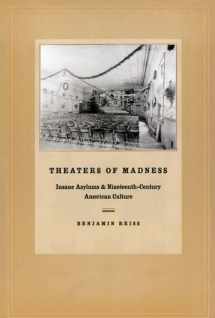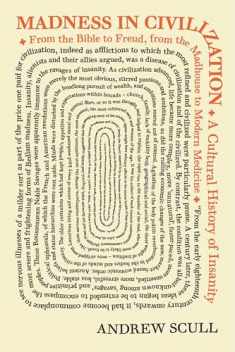
Theaters of Madness: Insane Asylums and Nineteenth-Century American Culture
Book details
Summary
Description
In the mid-1800s, a utopian movement to rehabilitate the insane resulted in a wave of publicly funded asylums—many of which became unexpected centers of cultural activity. Housed in magnificent structures with lush grounds, patients participated in theatrical programs, debating societies, literary journals, schools, and religious services. Theaters of Madness explores both the culture these rich offerings fomented and the asylum’s place in the fabric of nineteenth-century life, reanimating a time when the treatment of the insane was a central topic in debates over democracy, freedom, and modernity.
Benjamin Reiss explores the creative lives of patients and the cultural demands of their doctors. Their frequently clashing views turned practically all of American culture—from blackface minstrel shows to the works of William Shakespeare—into a battlefield in the war on insanity. Reiss also shows how asylums touched the lives and shaped the writing of key figures, such as Emerson and Poe, who viewed the system alternately as the fulfillment of a democratic ideal and as a kind of medical enslavement. Without neglecting this troubling contradiction, Theaters of Madness prompts us to reflect on what our society can learn from a generation that urgently and creatively tried to solve the problem of mental illness.


We would LOVE it if you could help us and other readers by reviewing the book
Book review




